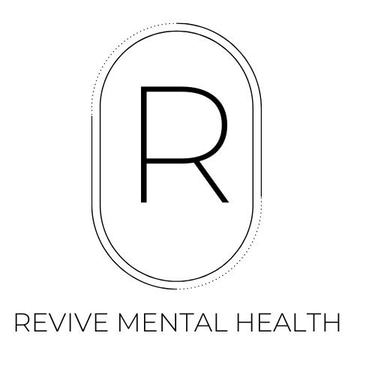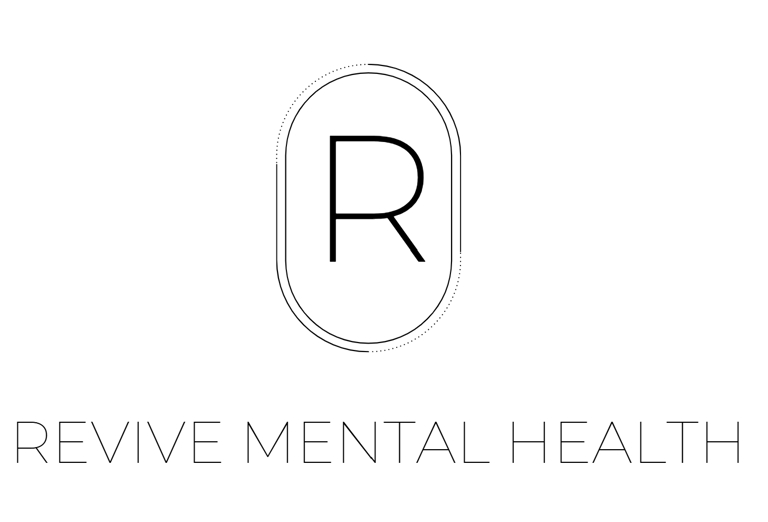Perimenopause
The transition we don’t talk about enough
5/15/20253 min read


Perimenopause: The Transition We Don’t Talk About Enough
It’s not “just stress.” It’s not “just aging.” And no, you’re not imagining it.
You’re waking up drenched in sweat.
Your moods are all over the place.
You’ve started forgetting words mid-sentence, snapping at your partner, or crying over things you’d usually brush off.
And yet your period still shows up every month, like clockwork.
So you tell yourself: It can’t be perimenopause… right?
We need to talk about this silent in-between. The messy, often misunderstood season called perimenopause! A hormonal transition that starts much earlier than most of us are told.
Earlier than you think
Perimenopause, the years leading up to menopause, doesn’t start at 51. In fact, it can begin in your late 30s or early 40s, sometimes even earlier. Despite this, it’s rarely acknowledged in standard medical appointments or mainstream conversations. Many women spend years feeling off, anxious, or exhausted, blaming stress, parenting, or burnout, when in reality, their hormones are shifting beneath the surface.
Still Bleeding ≠ Still Balanced
One of the biggest myths is that if you still have regular periods, your hormones must be fine.
But here’s the truth: Estrogen and progesterone can fluctuate wildly long before your cycle changes. That means you can experience:
Insomnia or night sweats even with a textbook 28-day cycle
Increased anxiety or rage that feels unfamiliar and overwhelming
New PMS symptoms or heavier/lighter bleeding
Joint pain, brain fog, dry skin, or feeling “wired but tired”
A sense of “losing yourself” that you can’t quite explain
These are not random. They’re not “all in your head.” They’re hormonal and valid.
Under-researched, overlooked
Women in this phase are often gaslit by the healthcare system: dismissed, misdiagnosed, or offered only antidepressants. Medical research has historically focused on menopause itself, ignoring the 5–10 years of perimenopause that precede it, years that can be deeply disruptive emotionally, mentally, and physically.
In cultures where aging is taboo and youth is prized, it becomes even harder to speak up. The loss of identity, fertility, or a sense of stability can feel isolating, especially for expats far from home, friends, and community.
So, what can you do?
Tune in and track
Track your symptoms such as mood, energy, sleep, digestion and not just your cycle. Patterns will emerge and they offer clarity.
Build your Team
A trusted GP, a hormone-literate dietitian, a personal trainer or a therapist who sees the whole picture. You don’t have to go through this alone.Prioritize strength training
As estrogen drops, muscle mass and bone density can decline. Lifting weights or doing bodyweight exercises 2–3 times a week can stabilize hormones, improve sleep, boost mood, and protect your long-term health.Don’t fear intensity
Short bursts of high-intensity workouts (HIIT), ONLY when tolerated, help reduce insulin resistance, regulate stress hormones, and support metabolic health. The key is listening to your body, not punishing it.Protein is your friend
Most women don’t eat enough, especially during perimenopause. Aim for protein at every meal to support muscle repair, hormone balance, and blood sugar regulation.Nervous system care matters
Yoga, breathwork, cold water exposure, walking in nature, whatever helps your body downshift from fight-or-flight will reduce inflammation and support hormone resilience.Sleep is medicine
If your sleep is disrupted, prioritize winding down earlier, limiting blue light, and making your room cool and dark. Consider magnesium or herbal supports (ONLY with professional guidance).Find your people
You don’t need to go through this alone. Whether in real life or online, find a circle that sees you and says, “Me too.”
I truly believe this season of change deserves support, not silence. Whether you’re navigating identity shifts, hormonal chaos, or the grief of no longer recognizing yourself, your experience is real. You don’t have to wait until everything falls apart to get help.
This isn’t the end of something. It’s the threshold of becoming, softer, stronger, and more self-aware than ever before.
Let’s bring perimenopause out of the shadows, one honest conversation at a time.


